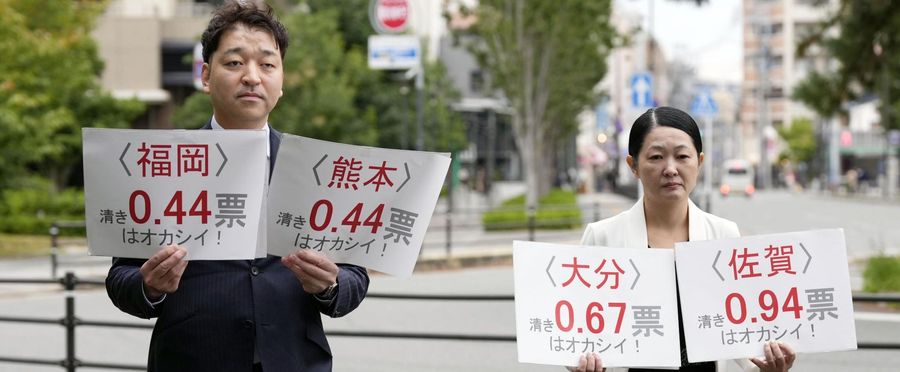In a significant political development, a third ruling has been handed down declaring the July Upper House election in Japan as being in an 'unconstitutional state'. The verdict, delivered by a high court, pertains to the considerable voter disparity as seen in the election process. This is the third such decision against the contentious July election, marking a notable escalation in Japan's ongoing election reform debate.
In Japan, equitable vote weightage is a keystone principle of its democratic framework. The judgement, therefore, resonates widely - particularly amongst those advocating for electoral reform. The populace mainly expresses its concern about possible destabilization of domestic politics and the effects it might have on policy implementation.
While voter inequality issues arise periodically within the US and EU, measures including congressional district realignments or weighted voting systems are put forth to rectify such discrepancies. However, Japan's larger challenge is to balance geographical representation with equal vote value - a complex task in any democratic nation.

